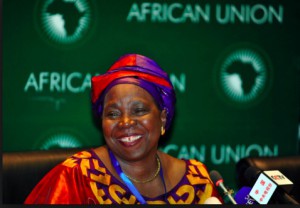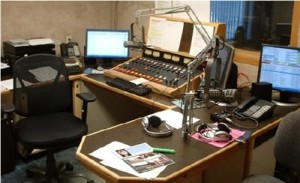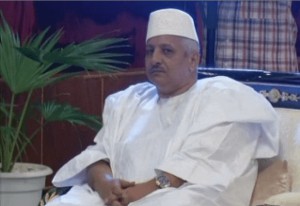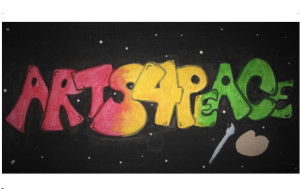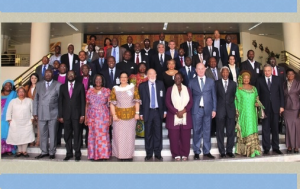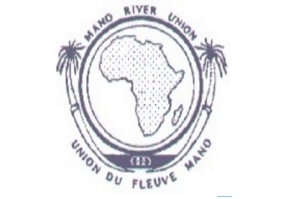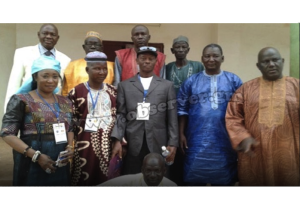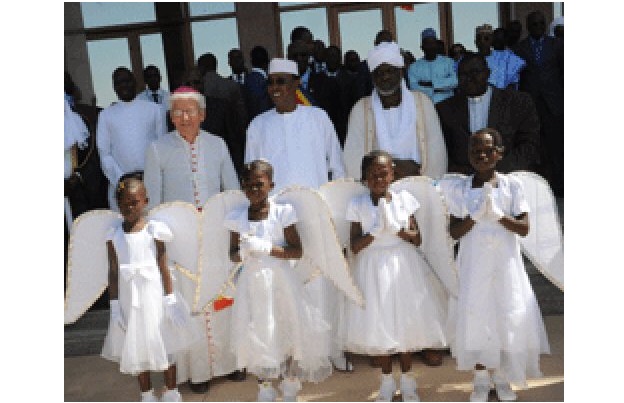. WOMEN’S EQUALITY .
An interview with Mphatheleini Makaulele by Simone Adler and Beverly Bell, for Other Worlds Are Possible
Everybody originated with indigenous ways of living and the way of Mother Earth.
The real role of women is in the seed. It is the women who harvest, select, store, and plant seeds. Our seeds come from our mothers and our grandmothers. To us, the seed is the symbol of the continuity of life. Seed is not just about the crops. Seed is about the soil, about the water, and about the forest.
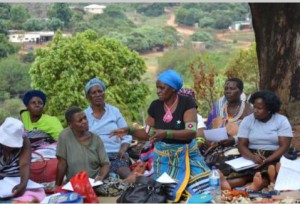
Women organizing as Dzomo la Mupo. Photo courtesy of Mphathe Makaulele.
When we plant our seeds, we don’t just plant them anytime or anywhere. We listen to our elders, who teach us about the ecological calendar. The seed follows this natural ecological flow. When it bears another seed, that one is planted and the cycle continues.
If you cut the cycle of the seed, you cut the cycle of life. We do not understand how something [like genetically modified and chemically treated seeds] can be called seeds if they cannot continue the cycle of life.
In South Africa, we know there is a freedom of plants to germinate and grow. People are now awakened to the word GMO, and many people are trying to bring forward the issue of food sovereignty.
Here in Limpopo Province, in the indigenous region of Vhavenda, we are organized as the Dzomo la Mupo, the Voice of the Earth. I founded it in 2008. The meaning of mupo is the natural creation of the universe, giving space to every being on the Earth. We have led several campaigns to protect our environment, including campaigns against the Australian mining company Coal of Africa, court cases against development on sacred sites, and registering sacred forests as protected areas under the South African Heritage Resources Agency.
The African Biodiversity Network (ABN), [a regional network of individuals and organizations across twelve countries], is also looking at the issues facing Africa, women, and traditional agricultural practice. The ABN works toward deepening these values and is becoming a big voice in Africa and across the world. The ABN is a home for reviving African values of biodiversity, indigenous practices that bring us health, and traditional farming systems.
I live in an environment of mountains, dense forest, and fertile soil. Our mothers, they selected seed from the previous harvest, which they would plant. We had a way of growing seasonal food and of storing seed from season to season.
Mining is wrongly threatening our water, soil, mountains, and seed and food sovereignty. The government is allowing mining in our soil and the dense, thick mountains, including in tropical areas with good soil and pure water. We need to dialogue about the alternatives to save the forest, rivers, plants, everything in mupo, the Earth.
Commercial farming has dominated traditional farming and food sovereignty, too. It looks only at money as the end product. The seeds depend on chemicals and don’t grow following the ecological, natural flow. Chemical seeds and fertilizers make the soil dry like a crust, like plywood. Our soil is damaged and dry. Our natural seeds that germinated on their own no longer grow in that soil. And this problem is causing the loss of natural foods and traditional farming systems, making our food sovereignty vanish.
(Interview continued in right column)
Questions for this article:
Can the women of Africa lead the continent to peace?
(Interview continued from left column)
When the soil is damaged, when the forest no longer has trees to pick fruit from, it affects women first. In Africa, most women are not employed. Our income is the soil where I can grow food, the forest with trees where I can harvest wild, organic fruits, the stream and river where I can fetch clean, pure water. Globally, women who are not employed or educated are experiencing the problem of where to get food and eat the way we have been for generations.
Now, people are depending only on markets [for the food we eat] because their fields are no longer producing natural food, and they have to buy everything, including seeds, resulting in hunger and poverty. People no longer touch the soil for their food; they find the same frozen and packed food in the same shelf in every season.
Not only is this causing a loss of seed and food sovereignty globally, but we women of indigenous ways know that health is affected by the food we eat. We need variety in food. But going to the store year-round and not finding our natural [and seasonal] foods affects our family’s health.
When children and family members are sick, this impacts women first. Women can no longer find the herbs in the forest to cure their sickness because the trees are being cut down and the soil can no longer let the seeds and plants germinate for us to pick the wild greens.
Still, traditional farming is practiced in rural areas, such as -Mahayani in Vhavenda, where there are elder women who have the ancestral knowledge of growing food.
The alternative is to bring back the role of the woman. Young women and girls have to reconnect to the soil and fields of our grandmothers, the forest near our homes, and the indigenous local seeds. Every woman needs to reconnect to the soil. Women also have to teach young girls and young women about seed and food sovereignty and the importance of soil because they’re the ones who will remain to pass that on.
Women are the alternative. We need to revive our technical methods [of farming] through permaculture or agroecology. Even though the soil has been damaged by chemical fertilizers and chemical seeds, there is opportunity to rebuild, harvest, compost, and work the soil to become alive again.
The women of Dzomo la Mupo are bringing food sovereignty to their families. In our home gardens, called muse, and our fields called tsimu, we teach children that food comes from soil, not the market shelves.
Women listen to the ecological calendar and know the seasons for planting, when to select [certain] seeds, and which will produce food. This is the knowledge of women all over the world. Children no longer know about the ecological calendar. What is the future for if we give that up? If we don’t talk about this as women, who will understand?
Women have to fight against the complete destruction of the nearby fields, mountains, and rivers so we can again eat the wild fruit and seasonal food. We are the ones who should defend the remaining indigenous forests from vanishing. Women need to fill the role of talking about [and acting on] the threats to a healthy future generation.
Note: Mphatheleini Makaulele is an award-winning indigenous leader, farmer, and activist, and Director of Dzomo la Mupo, a community organization in rural South Africa. She is also part of the African Biodiversity Network.
(Thank you to Janet Hudgins, the CPNN reporter for this article.)
